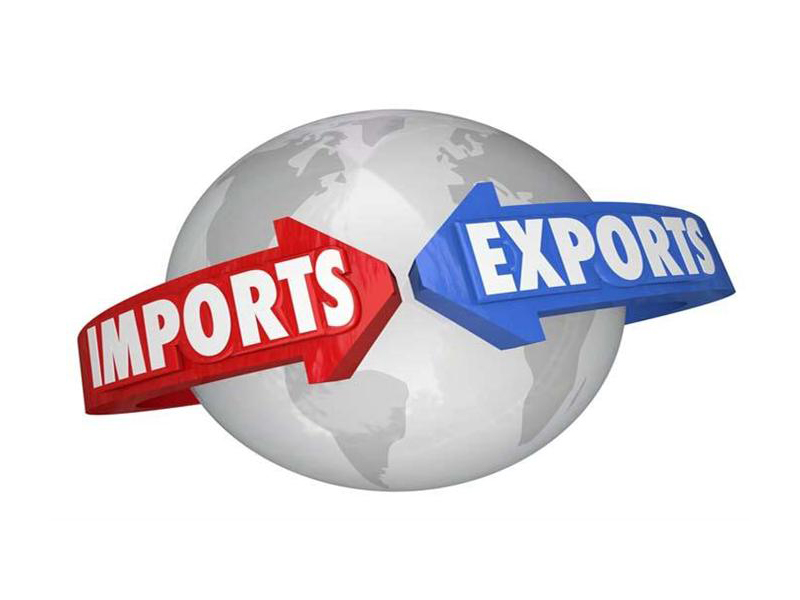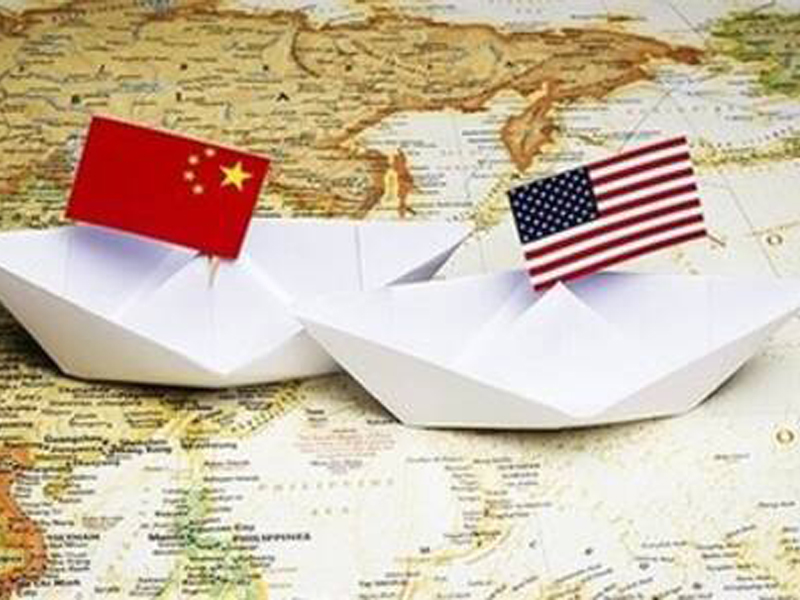Tel: +86 592 5211 388 / Email: info@esolarfirst.com
The United States launched a review of the Section 301 investigation against China, and tariffs may be lifted
Release time:
May 06,2022
The Office of the United States Trade Representative announced on the 3rd that the two actions of imposing tariffs on Chinese goods exported to the United States based on the results of the so-called "Section 301 investigation" four years ago will end on July 6 and August 23 this year, respectively. With immediate effect, the Office will initiate a statutory review process for the relevant action.

The Office of the United States Trade Representative said in a statement on the same day that it would inform those United States domestic industry representatives who benefited from the tariffs on China that the relevant tariffs might be lifted. Industry representatives have until July 5 and August 22 respectively to apply to the office to maintain the tariffs. The Office will review the relevant tariffs upon application, and they will be maintained during the review period.
United States Trade Representative Tai Qi said at the event on the 2nd that the United States government will take all policy measures to curb price surges, hinting that reducing tariffs on Chinese goods exported to the United States will be considered.

The so-called "Section 301 investigation" derives from Section 301 of the Trade Act of 1974 of United States. This provision authorizes United States Trade Representative to initiate an investigation into "unreasonable or unfair trade practices" in another country and, if the investigation is concluded, to recommend unilateral sanctions to the President of United States. This investigation was initiated, investigated, adjudicated, and executed by the United States itself, and has a strong unilateralist color. According to the so-called "Section 301 investigation", United States imposed an additional 25% tariff on goods imported from China in two batches starting in July and August 2018.
United States' tariffs on China have met with strong opposition from the U.S. business community and consumers. Due to the sharp increase in inflationary pressure, there has been a resurgence of calls in the United States for reducing or reducing tariffs on China. Dalip ·Singh, deputy assistant to the president for national security affairs of United States, said a few days ago that some of the tariffs imposed on China United States "lack strategic purpose". The federal government could reduce tariffs on Chinese exports to the United States, such as bicycles and clothing, to help curb rising prices.
United States Treasury Secretary Janet Yellen also said recently that the United States government is carefully studying its trade strategy with China, and it is "worth considering" to cancel tariffs imposed on Chinese goods exported to the United States.
A spokesperson for China's Ministry of Commerce said earlier that the unilateral tariff measures imposed by the United States are not good for China, the United States and the world. Under the current situation of rising inflation and challenges to the global economic recovery, we hope that the US side will proceed from the fundamental interests of Chinese and American consumers and producers, cancel all additional tariffs on China as soon as possible, and bring bilateral economic and trade relations back to normal at an early date.
Solar First Energy Technology
Performance & Innovation, Customer Focus, Respect Nature & Love Human, Spirit of Contract
CONTACT INFORMATION
Add: 23rd Floor, Building F14, Software Park Phase III, Jimei District, Xiamen, China
Tel: +86 592 5211 388
Mobile: +86 189 5920 8686
Email: info@esolarfirst.com

OFFICIAL WECHAT
All Rights Reserved © 2024 Solar First Energy Technology Co., Ltd.
Cookie
Our website uses cookies and similar technologies to personalize the advertising shown to you and to help you get the best experience on our website. For more information, see our Privacy & Cookie Policy
Cookie
Our website uses cookies and similar technologies to personalize the advertising shown to you and to help you get the best experience on our website. For more information, see our Privacy & Cookie Policy
These cookies are necessary for basic functions such as payment. Standard cookies cannot be turned off and do not store any of your information.
These cookies collect information, such as how many people are using our site or which pages are popular, to help us improve the customer experience. Turning these cookies off will mean we can't collect information to improve your experience.
These cookies enable the website to provide enhanced functionality and personalization. They may be set by us or by third-party providers whose services we have added to our pages. If you do not allow these cookies, some or all of these services may not function properly.
These cookies help us understand what you are interested in so that we can show you relevant advertising on other websites. Turning these cookies off will mean we are unable to show you any personalized advertising.

